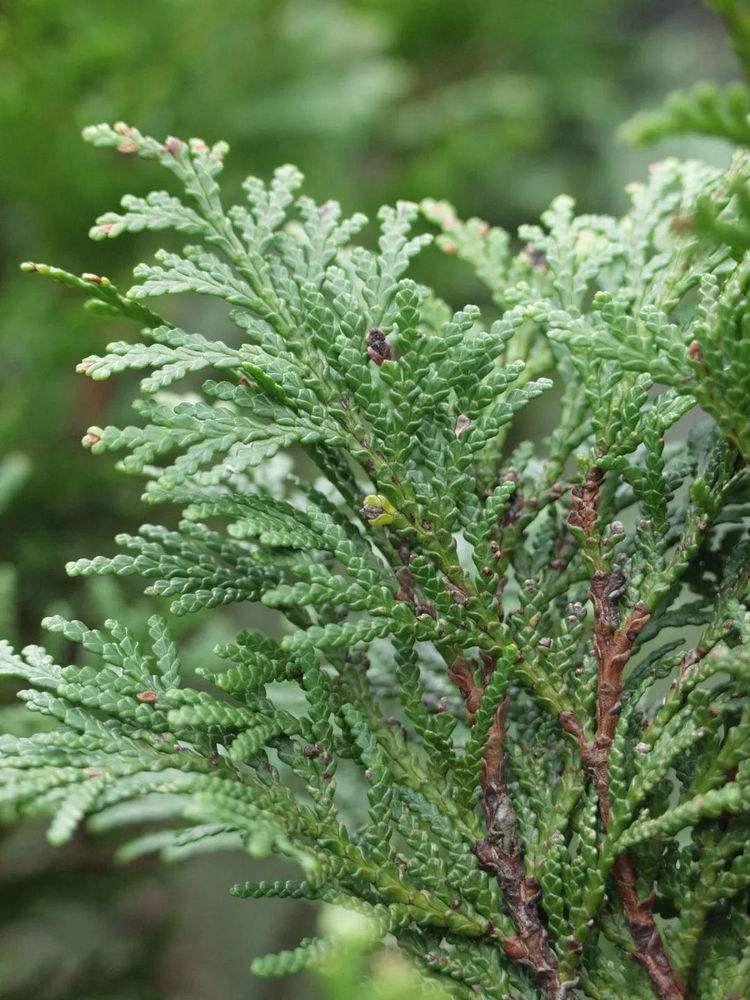Thuja plicata seed
Thuja plicata – Uses and Benefits
Thuja plicata, commonly known as Western red cedar, is a large evergreen conifer native to the Pacific Northwest of North America. It has been highly valued for centuries due to its durable wood, medicinal properties, and cultural significance, particularly among Indigenous peoples.
1. Timber and Commercial Uses
Western red cedar is renowned for its high-quality, aromatic wood:
-
Naturally rot- and insect-resistant
Ideal for outdoor construction and long-lasting structures. -
Lightweight and easy to work with
Suitable for hand tools, carving, and finishing. -
Common uses include:
-
Roof shingles and siding
-
Outdoor fencing and decking
-
Saunas, closets, and furniture (due to its insect-repelling scent)
-
Canoes, totem poles, and artisan crafts (especially in Indigenous traditions)
-
2. Medicinal Uses
Indigenous tribes and traditional herbalists have used Thuja plicata for generations:
-
Leaves, bark, and resin have been used for:
-
Coughs and bronchial issues (in steam or infusions)
-
Muscle and joint pain (as a poultice)
-
Fungal infections and skin conditions (e.g., ringworm, warts)
-
Disinfecting wounds
-
⚠️ Caution: The plant contains thujone, a compound that can be toxic in large amounts. It should not be consumed internally without medical supervision.
3. Essential Oils and Aromatherapy
-
Essential oils extracted from the wood and leaves are used for:
-
Aromatherapy (calming, air-purifying)
-
Natural insect repellent
-
Anti-fungal and antimicrobial products
-
-
The pleasant, long-lasting cedar aroma also makes it popular in wardrobes and storage areas to deter moths and pests.
4. Ecological and Ornamental Uses
-
Fast-growing and evergreen: Suitable for landscaping, windbreaks, and privacy hedges.
-
Wildlife habitat: Provides shelter for birds, squirrels, and insects.
-
Tolerates wet and cold climates: Thrives in temperate rainforests and northern gardens.
5. Cultural Significance
-
“tree of Life” in many Pacific Northwest Indigenous cultures:
-
Used to make canoes, masks, clothing, rope, mats, and ceremonial items
-
Bark and inner fibers were woven into everyday tools and clothing
-
This deep spiritual and practical connection makes Thuja plicata a symbol of strength, protection, and sustainability in Indigenous traditions.
6. Toxicity and Precautions
-
Contains thujone, which can be neurotoxic in high doses.
-
Not recommended for internal use by pregnant or breastfeeding women or children.
-
Essential oil should always be diluted and used with care.

